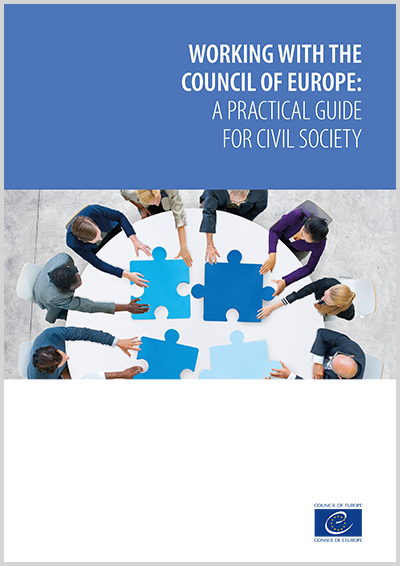Intercultural Cities

At the level of local policies, intercultural integration is a comprehensive approach driven by committed leadership that cuts across political and administrative divides. It implies a strategic engagement to develop institutional capacity that ensures equal rights and opportunities for all, promotes positive intercultural mixing and interaction, and encourages participation and power-sharing. The model helps public authorities to achieve inclusion, equality and prosperity by unlocking the potential of diverse societies while minimising the risks related to human mobility and cultural diversity.
While local authorities are members of the Intercultural Cities network, the development and implementation of local intercultural policies is a participatory process that involves a wide range of NGOs, including migrantled organisations, along with individual citizens. The Intercultural Cities programme also co-operates with organisations such as the European Network against Racism (ECAR) in the context of specific initiatives and campaigns and promotes anti-rumour methodology, a model to fight stereotypes and prejudice in the city through co-operation between the city, civil society and individual residents.



